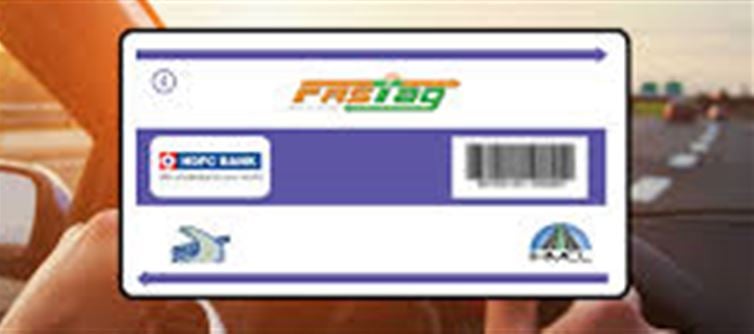
Step-by-Step Guide for Hassle-Free Highway Travel
If you regularly use FasTag for toll payments on indian highways, there’s an important update. KYV (Know Your Vehicle) verification is now mandatory to keep your Fastag active, in addition to KYC. Here’s what you need to know.
📌 1. What is KYV?
· KYV (Know Your Vehicle) is a verification process to confirm vehicle ownership and details linked to your FasTag.
· It ensures that FasTag is linked to the correct vehicle, preventing misuse or fraud.
· Both private and commercial vehicle owners must complete KYV to avoid FasTag deactivation.
💼 2. Why KYV is Important
· Mandatory for FasTag activation: Without KYV, toll payments may fail, and fines may apply.
· Prevents fraud: Ensures your Fastag isn’t misused by someone else.
· Streamlines toll collection: Faster verification at toll plazas.
🛠️ 3. How to Verify KYV from Your Mobile
Step 1: Open the FasTag App or Wallet
· Use apps like Paytm, amazon Pay, ICICI Fastag, or hdfc Fastag app.
Step 2: Go to Vehicle KYV Section
· Look for options like “KYV Verification” or “Verify Vehicle”.
Step 3: Enter Vehicle Details
· Provide vehicle registration number, RC details, and your PAN/Aadhaar (if required).
· Some apps allow you to upload photos of RC and owner documents for verification.
Step 4: OTP Verification
· Verify your mobile number with an OTP sent to your registered number.
Step 5: Confirmation
· After submission, you’ll receive a confirmation message or email once your KYV is approved.
· Your FasTag will remain active and fully functional.
🏆 4. Tips to Keep FasTag Active
· Complete KYV well before traveling to avoid toll payment issues.
· Keep vehicle documents handy for faster verification.
· Ensure your mobile number is active and linked to FasTag.
· Regularly check the FasTag app for updates or alerts.
✅ 5. Key Takeaways
· KYV is now mandatory to keep FasTag active.
· The process is simple and can be done via your mobile in a few minutes.
· Completing KYV ensures smooth toll payments and avoids penalties.
💡 Pro Tip: Some banks and wallets send KYV reminders via SMS or app notifications—don’t ignore them!
Disclaimer:
The views and opinions expressed in this article are those of the author and do not necessarily reflect the official policy or position of any agency, organization, employer, or company. All information provided is for general informational purposes only. While every effort has been made to ensure accuracy, we make no representations or warranties of any kind, express or implied, about the completeness, reliability, or suitability of the information contained herein. Readers are advised to verify facts and seek professional advice where necessary. Any reliance placed on such information is strictly at the reader’s own risk.
.jpg)




 click and follow Indiaherald WhatsApp channel
click and follow Indiaherald WhatsApp channel